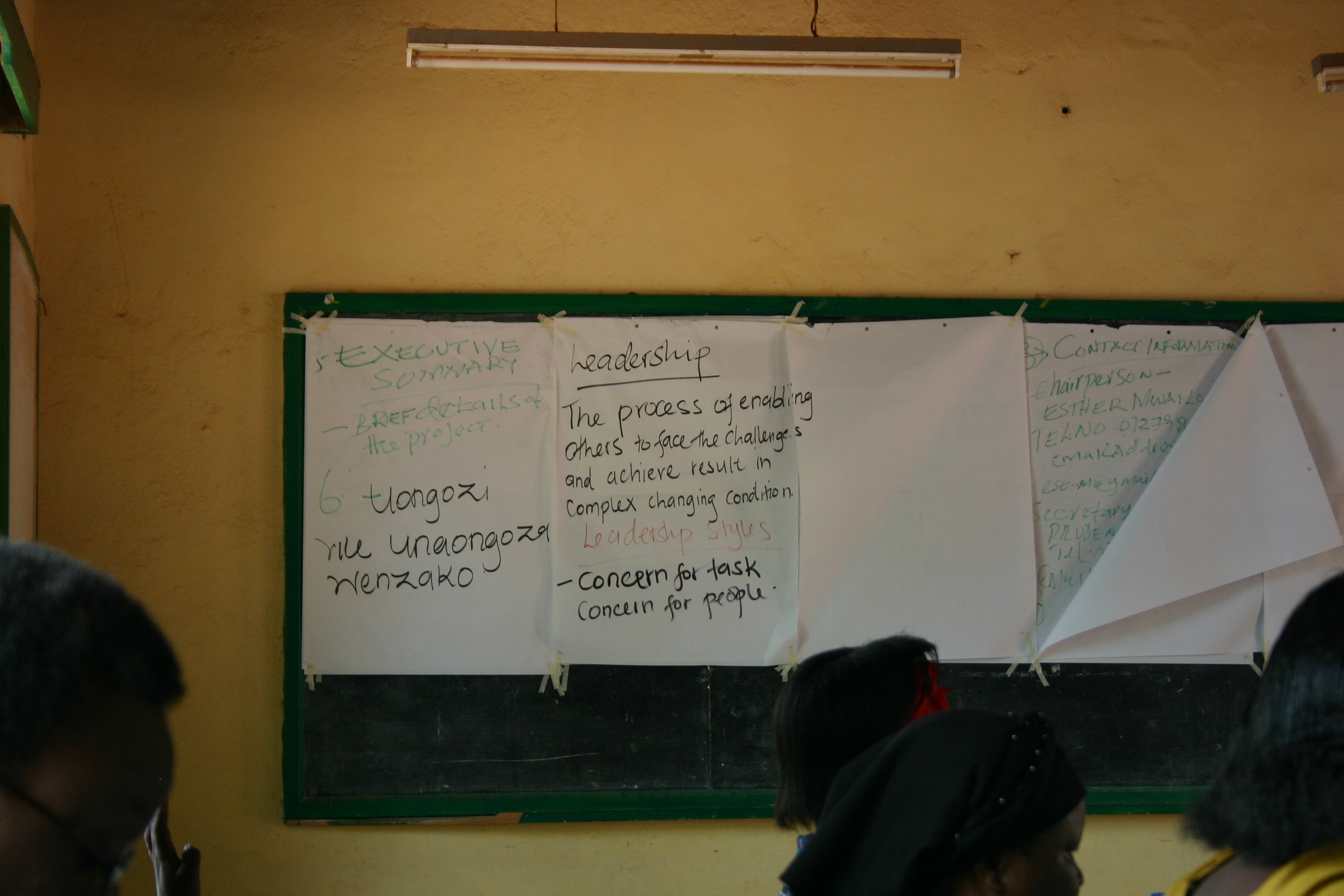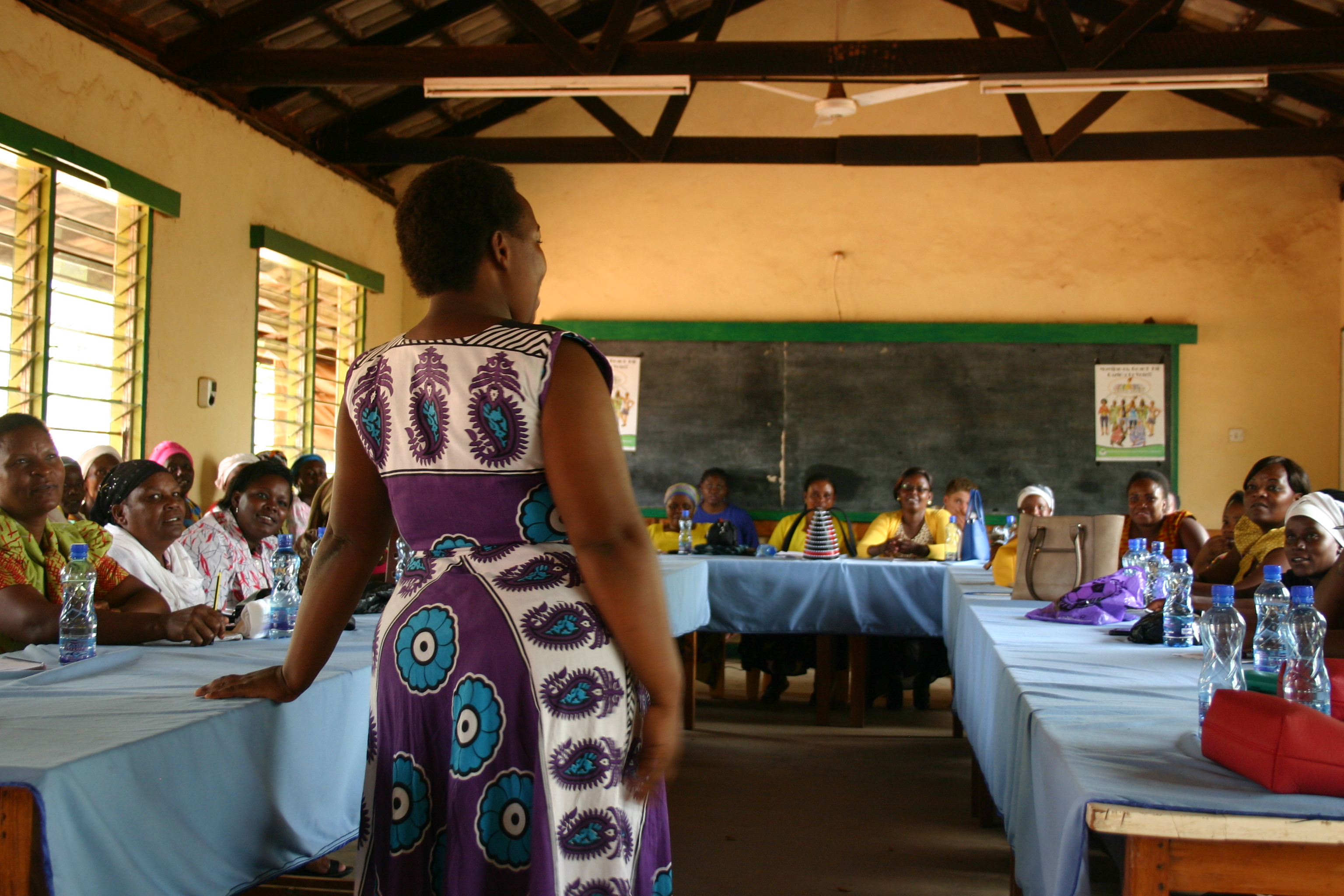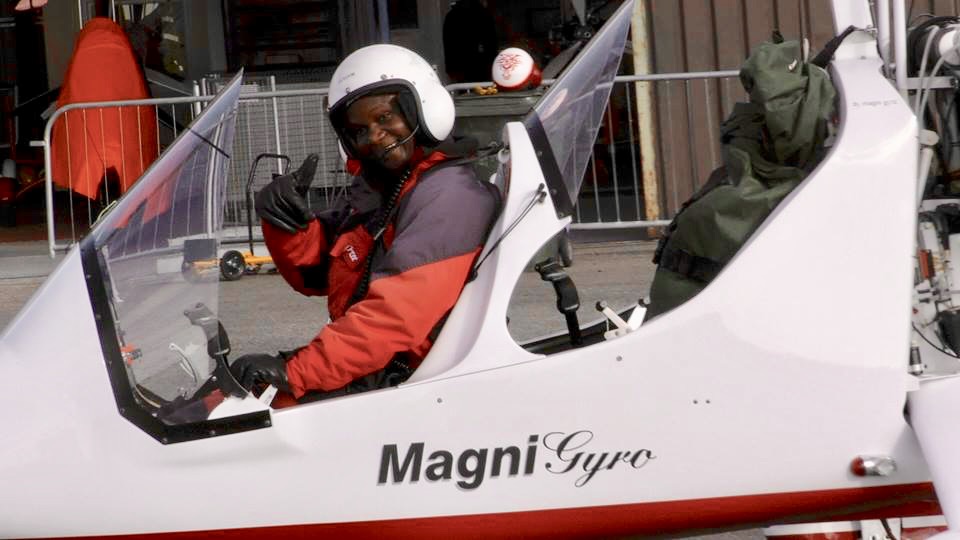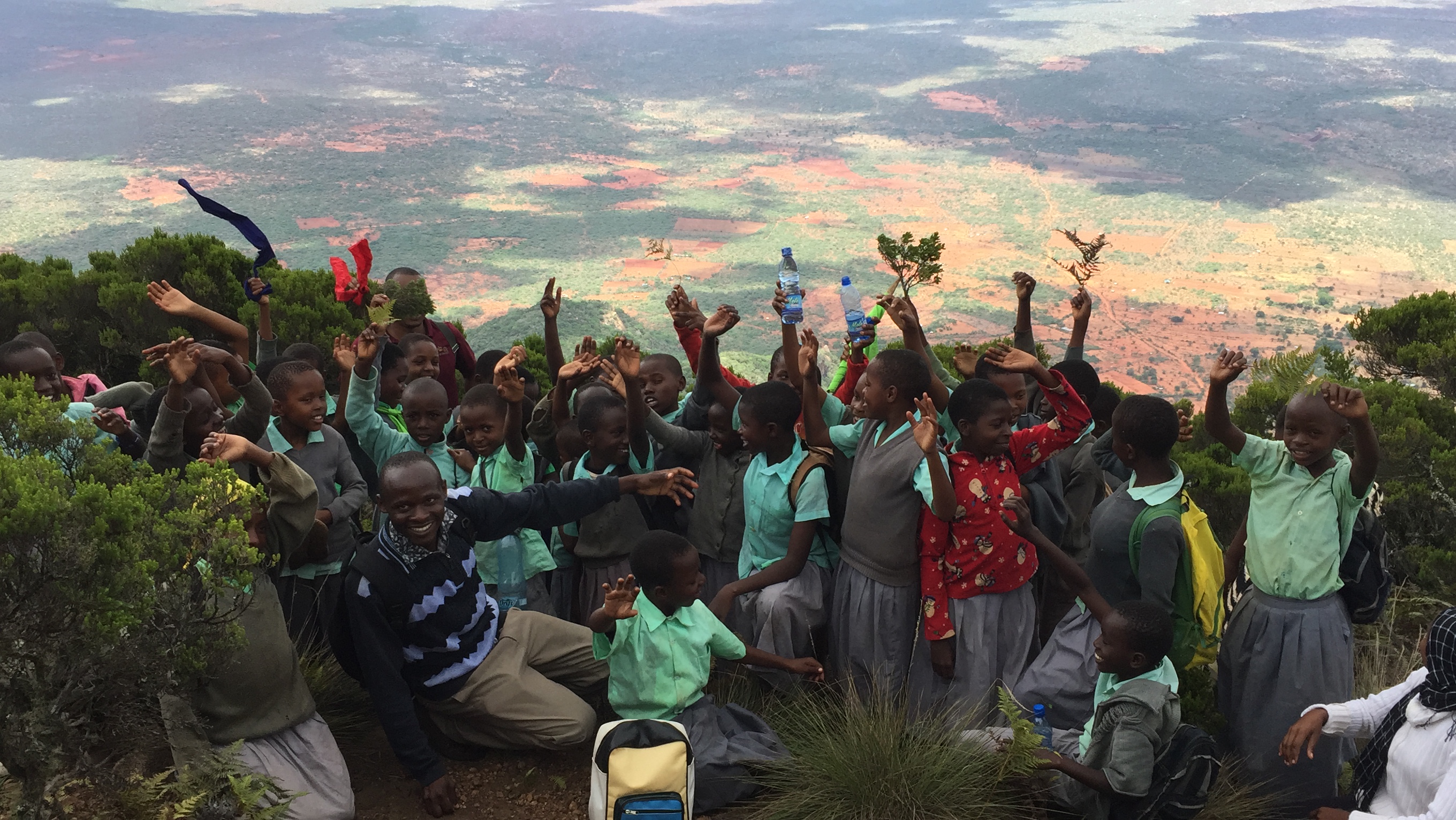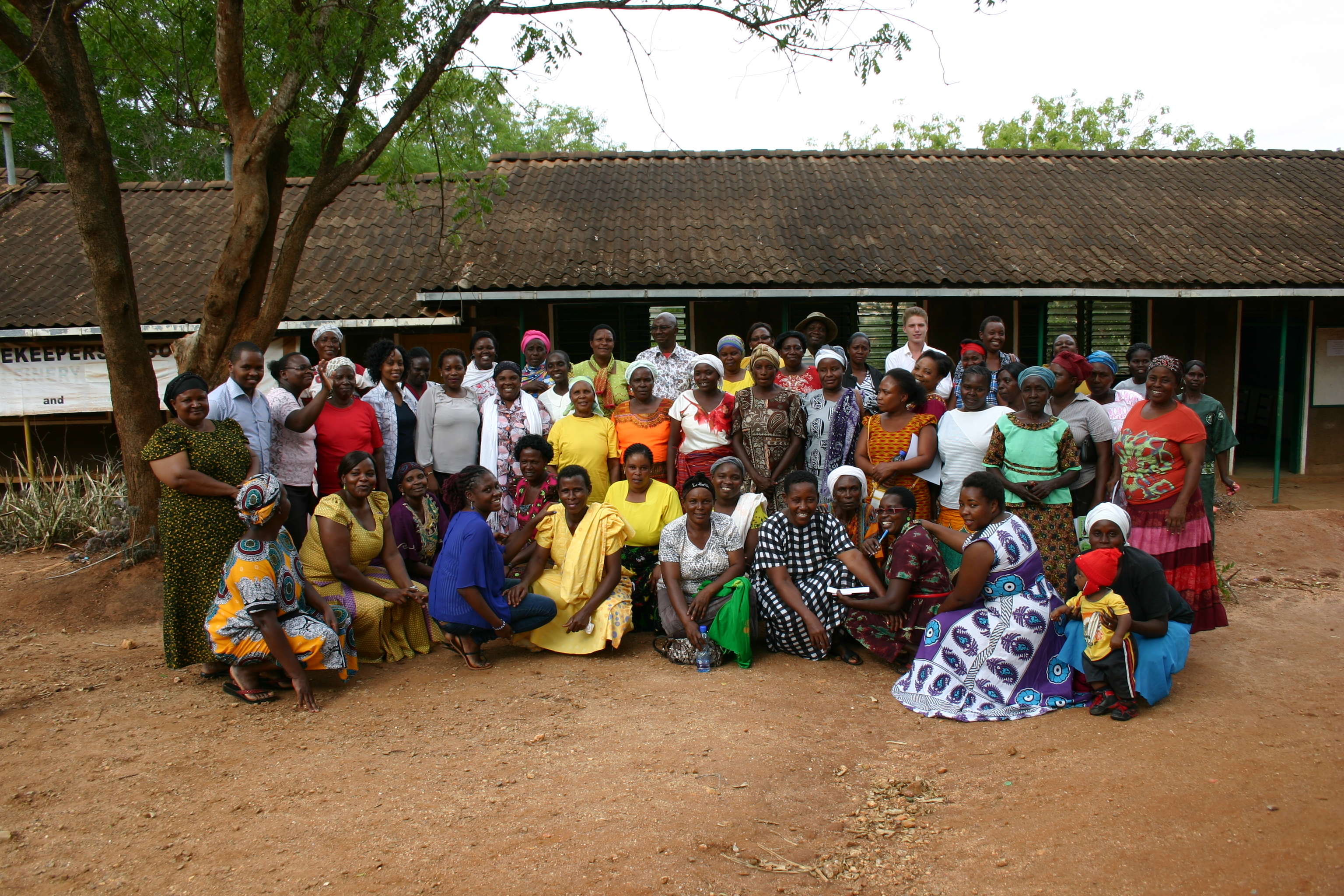
Can Carbon Credits and Communities Help Save the Planet?
Every 3 months, women from the community gather for Women Empowerment Trainings. Together, they learn about finance, health, and the environment. Then, they bring this information back to their villages to teach others.
This quarter, the training was held in Mwatate, 42 kms northwest of Maungu where Wildlife Works operates. Fifty women leaders from all over Taita Taveta County are learning to write proposals, how to cope with climate change (the area has been affected by drought for over 18 months), and keeping healthy. Their colorful dress and personalities stand out against the red hills characteristic of the area.
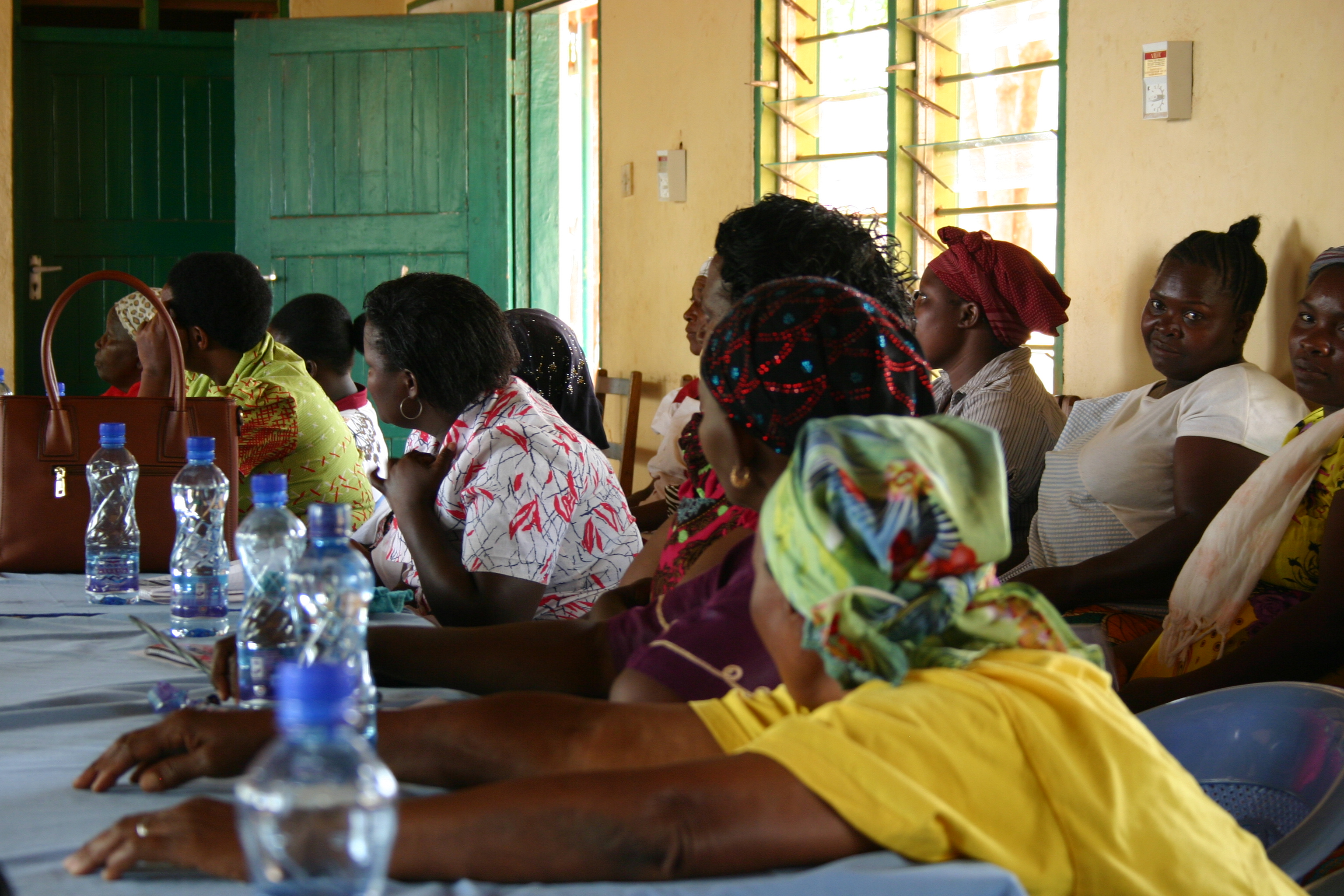
Community-Based Conservation In Action
The people in charge of today’s meeting are the Community Based Organization (CBO) Board Members and Voluntary Services Overseas (VSO) volunteers. The CBO board arranges activities and training for the six community areas adjacent to Wildlife Work’s conservation area. The idea is to give locals access to sources of income that minimize environmental harm, discouraging the hard labor job of charcoal burning and destructive subsistence poaching.
Faraji Mwakitau is the Taita Taveta CBO Chairman. He has worked with the organization since its inception for 6 years. He said his interest in this project stems from his belief that the land is important.
“Usually we see the forest as useless,” explains Faraji, “but in the dry forest, you find these hard trees that absorb more carbon than other trees.”
He said that the government and people think the dry land doesn’t require any management, but he argued that it does. Faraji says it’s important to protect the land from overgrazing and the drought.
“Elephants are our heritage. They are part of humankind,” said Faraji. “If we do not protect them, humankind will be entirely alone.”
Education As the Solution
Many of the women who sit in this room, learning how plastic is harmful to the environment and how excess carbon dioxide in the atmosphere has caused a shift in global weather patterns, once practiced charcoal burning. This is the practice of cutting down trees and burning them in a pit overnight to turn them into charcoal pieces that can be used for cooking.
Now, these women have received education and training on applying for grants, finance, opening a business, and understand how cutting down trees for charcoal harms the environment. Making baskets and clothing, running small hotels – these are just some of the new jobs these women have because of loans and support from Wildlife Works.
Trainings like these are held anywhere from month to quarterly, demanding on availability. While at these training days, women are given chai, bread, lunch, and clean drinking water provided by Wildlife Works. They also provide all funding for running projects in local communities, such as installing clean drinking water, renovating schools, and cleaning up the communities. All of this work is done in support by the purchase of carbon credits.
